Documenting Activism in an Age of Uncertainty
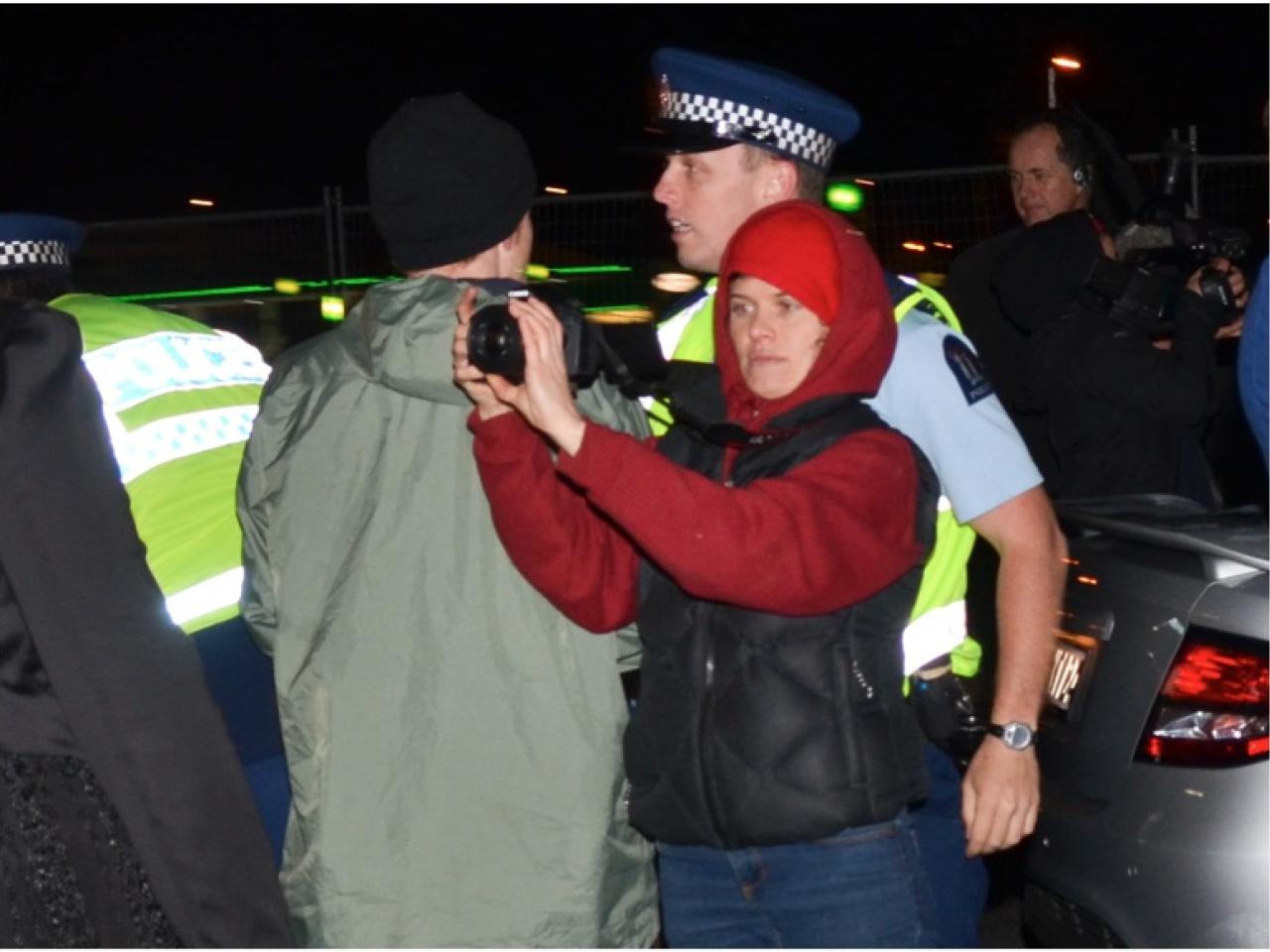
Briar March documents a protest against the removal of government housing in New Zealand.
I’ve been making films for over 10 years, and while it can sometimes be a struggle I’m always brought back to the fundamental reason for why I do it.
I believe that films have the power to inspire and spark social change and respond to important issues that are facing our society. Maybe that’s why I’ve often found myself documenting protests and grassroots movements. But more recently, I have become increasingly aware of what the impact of this type of filmmaking can mean.
One night I happened to be filming a protest when I noticed the police recording the license plate on my car. A few weeks later a police officer pulled me over while I was stopped at a traffic light. When I asked the officer what was wrong, he said that my vehicle was on file as being stolen. This was odd as I’ve been its sole owner. Maybe these two incidents were just coincidences, but it definitely got me thinking about the recent disturbing trend of arrests associated with filmmakers and journalist documenting activism.
On September 3 of this year, Amy Goodman, executive producer and host for Democracy Now!, was reporting on a protest at a Dakota Access Pipeline construction site. This $3.7 billion project, which has received little attention by mainstream media until late, intends to transport crude oil between the Bakken oil field in Dakota to a refinery in Patoka, Illinois, spanning over 1,172 miles. It has also sparked the fierce opposition of members of the Standing Rock Sioux tribe, other indigenous nations, and non-natives. They say that the pipeline poses significant environmental threats to water supplies, sacred land sites, and fails to comply with federal laws and native treaties.
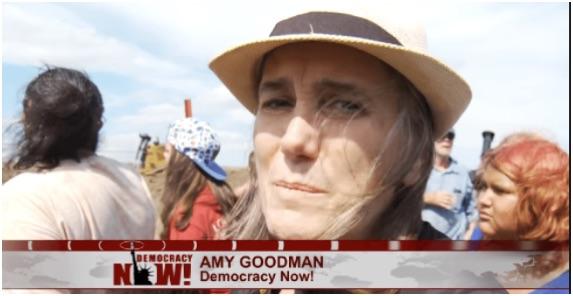
Amy Goodman of Democracy Now! reports from Standing Rock.
Goodman’s video showed security guards working for the Dakota Access Pipeline using dogs and pepper spray on protesters. Viewed more than 14 million times on social media, the footage was rebroadcast by many major news outlets. Five days later, Goodman was charged with a complaint for “criminal trespass.” When this charge proved untenable, it was changed to “riot charges.” Thankfully a month later a North Dakota judge rejected Goodman’s arrest, saying it lacked probable cause. A similar arrest was issued to actress Shailene Woodley. In a live video Woodley recorded of herself while being arrested at a Standing Rock protest, she suggests that she has been singled out by the police because of her public profile. Her video proceeded to reach an audience of more than 40,000.
Then in October, filmmakers Deia Schlosberg and Lindsey Grayzel and cinematographer Carl Davis, were arrested for filming activists shutting down pipelines across the country. Grayzel and Davis were charged with up to 30 years in prison for 2 felony counts and a trespassing offense. Schlosberg was charged a maximum potential sentence of 45 years in prison for 3 felony charges related to conspiracy. The extreme nature of her punishment even compelled NSA whistleblower Edward Snowden to tweet, “This reporter is being prosecuted for covering the North Dakota oil protests. For reference, I face a mere 30 years.”
In a statement Schlosberg released following her arrest she says, “When I was arrested, I was doing my job, I was reporting. I was documenting. Journalism needs to be passionately and ethically pursued and defended if we are to remain a free democratic country.”
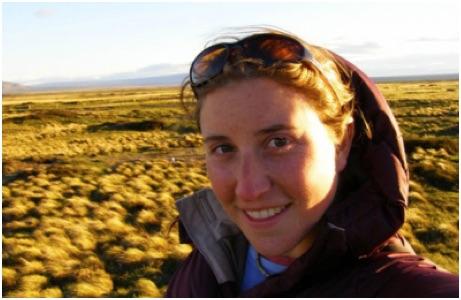
Filmmaker Deia Schlosberg
What Schlosberg makes clear is the way in which she and many other filmmakers have been denied their rights under the First Amendment. As documentary filmmakers I feel this is something fundamental to our practice especially if we are to share stories with the world that are often untold or repressed. Perhaps the only good thing to have come out of these arrests is the attention it has cast on the issues being reported and the importance of free speech and a free press.
For civilians filming and sharing incidents of unjustified police aggression, a similar trend of arrests has emerged. In July, civilian Chris LeDay was jailed 24 hours after he uploaded a video of Alton Sterling, an African-American man, being shot and killed by a white police officer. At first police declined to say the reasons for LeDay’s arrest and eventually announced it was related to parking fines. Abdullah Muflahi, the owner of the store where Sterling was killed, was also detained after filming the event and has since filed a lawsuit against the Baton Rouge police department.
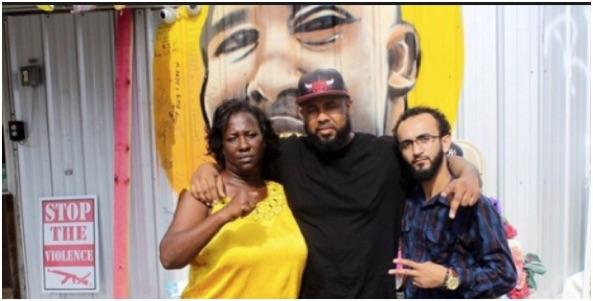
Alton Sterling's aunt Veda Washington, Chris LeDay, and Abdullah Muflahi in front of Sterling’s memorial
The very next day when Philando Castile was shot and killed by a white police officer in St. Paul, Minnesota, his partner Diamond Reynolds who had filmed and shared online a video documenting the incident, was also handcuffed and detained for several hours. Speaking at a gathering after the event in support of the Black Lives Matter movement, she reported that the police “treated me like a criminal… like it was my fault.”
In a direct response to these arrests, a group of more than 40 documentary filmmakers called on the Department of Justice (DOJ) to investigate the targeting of filmmakers and civilians who record episodes of police violence. One of the organizers of the campaign, filmmaker David Felix Sutcliffe wrote an open letter to the documentary community declaring that it was “vital we defend the rights of these individuals who use video as a means of criticizing unjust police activity.” Similarly Goodman’s arrest in North Dakota has galvanized several climate action groups to make public statements calling on the DOJ to investigate unjust arrests. Josh Fox, the director of a film that Schlosberg produced, has spoken publicly about his support for Schlosberg and has written an op-ed for the The Nation titled, The Arrest of Filmmakers Covering the Dakota Pipeline is a Threat to Democracy and the Planet.
In light of these recent events, I can say that I am very proud to be part of New Day, a filmmaker cooperative that values and promotes the importance of free speech. There are so many inspiring films from our collection that help to bring insight and background on these issues. For films relevant to the Black Lives Matter movement, check out Every Mother’s Son, Out in the Night and Arc of Justice. For films that help provide perspective on the Standing Rock protests and other indigenous struggles see Smoke Songs, Shellmound, and In Whose Honor? And for stories about climate action and the fossil fuel industry watch Catching the Sun, Deep Down, Uranium Drive In, and White Earth. At times standing up for what we believe in can be daunting and for some of those filmmakers on the front line, it has come with great personal sacrifice. But seeing the way a film can move audiences and show a new perspective makes me think it is all worth it. I implore you to check out our collection today.
About the writer.
Award-winning filmmaker Briar March has released three documentaries through New Day. Her most recent work Smoke Songs is about a Diné (Navajo) punk rock band. The film shares personal insights from band members on what it is like to be an activist fighting for environmental and indigenous issues. There Once Was an Island explores the impact of climate change on a small Pacific island community, and Michael and His Dragon tells the story of a returned U.S. veteran suffering from post-traumatic stress after the war in Iraq.
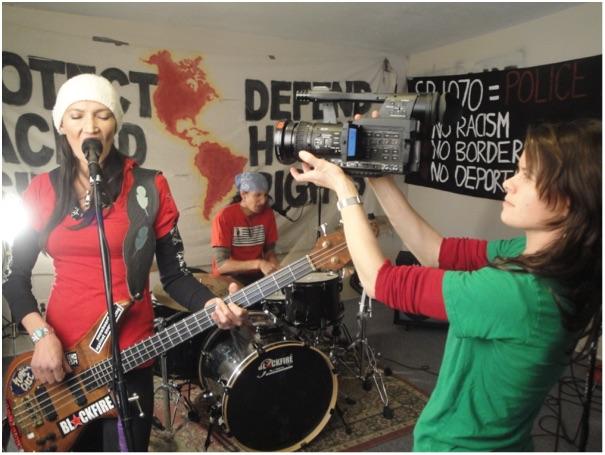
Filmmaker Briar March explores indigenous activism in Smoke Songs